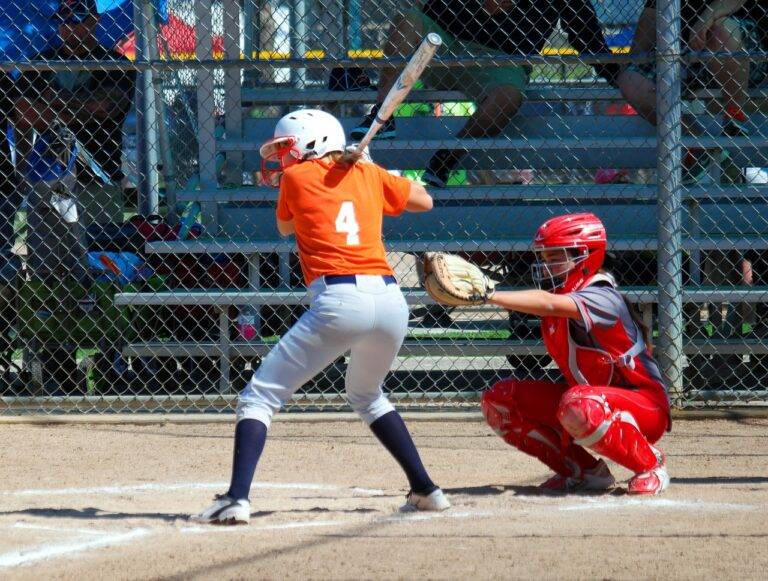The Impact of IPL on Cricket Sports Betting Regulations
Crickbet99, RadheexchangeOne of the primary factors influencing sports betting regulations in cricket is the prevalence of match-fixing and spot-fixing scandals. These illicit activities have tarnished the reputation of the sport and raised concerns about the integrity of cricket matches. As a result, regulatory bodies and authorities have been compelled to tighten their oversight of sports betting to prevent further corruption and ensure fair play.
Another key factor shaping sports betting regulations in cricket is the rapid technological advancements in the industry. The proliferation of online betting platforms and mobile applications has made it easier for individuals to place bets on cricket matches from anywhere in the world. This increased accessibility has raised concerns about the potential for match-fixing and illegal betting activities, prompting regulatory bodies to implement stricter regulations and monitoring mechanisms to protect the integrity of the sport.
• The prevalence of match-fixing and spot-fixing scandals
• Regulatory bodies tightening oversight to prevent corruption
• Ensuring fair play in cricket matches
• Rapid technological advancements in the industry
• Proliferation of online betting platforms and mobile applications
• Increased accessibility leading to concerns about match-fixing
• Stricter regulations and monitoring mechanisms implemented by regulatory bodies
Evolution of Sports Betting in Cricket
The evolution of sports betting in cricket has been a complex journey marked by significant changes over the years. Initially, betting on cricket matches was informal and primarily took place among small groups of individuals. As the sport gained popularity and technology advanced, the landscape of sports betting in cricket transformed dramatically.
With the rise of online betting platforms and the globalization of cricket, betting has become more mainstream and widespread. This increased accessibility has raised concerns about match-fixing and corruption in the sport, leading to the implementation of stricter regulations and monitoring systems. Despite these challenges, the evolution of sports betting in cricket continues to be shaped by technological advancements and the growing commercialization of the sport.
Influence of IPL on Betting Regulations in Cricket
The Indian Premier League (IPL) has undeniably played a pivotal role in shaping the landscape of sports betting regulations in cricket. With its high-octane matches, star-studded lineups, and massive fan following, the IPL has attracted significant attention from both fans and betting enthusiasts alike. The sheer scale and popularity of the IPL have forced regulatory bodies to strengthen their rules and regulations to prevent match-fixing, spot-fixing, and other illegal betting activities.
The IPL’s influence on betting regulations in cricket is also reflected in the increased scrutiny and monitoring mechanisms put in place by governing bodies. The heightened focus on transparency and integrity within the sport has led to the implementation of stricter regulations and penalties for those found guilty of corrupt practices. This vigilance not only safeguards the credibility of the game but also ensures a fair and unbiased playing field for all teams and players involved in the tournament.
What are the key factors influencing sports betting regulations in cricket?
Some key factors influencing sports betting regulations in cricket include match-fixing scandals, the rise of online betting platforms, and the growing popularity of T20 leagues like the IPL.
How has sports betting evolved in the context of cricket?
Sports betting in cricket has evolved from being a niche activity to a multi-billion dollar industry with a global reach. The advent of online betting platforms has made it easier for fans to place bets on cricket matches.
How has the IPL influenced betting regulations in cricket?
The IPL has had a significant impact on betting regulations in cricket. The tournament’s popularity has led to an increase in betting activity, prompting regulators to introduce stricter rules to prevent match-fixing and corruption.







